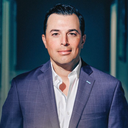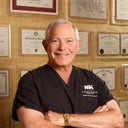Otoplasty problem: my ear was not pinned the same and the sutures broke through the skin, what should I do? (Photos)
Hi, I recently had otoplasty (mustard method) over in Poland (I'm in the UK) on 13/7/2018 which seemed all fine but after removing the bandages I have noticed both ears are not pinned the same amount, which is noticeable. (my ears were equal before surgery ) Also, I have on the side which sticks out more, a suture at the top has broken through the skin and sticks out and also it is trying to do the same at the bottom. I would like more opinions on what I should do or expect from the surgeon for this?







